The University of Alberta’s Canadian Institute for Ukrainian Studies (CIUS) is reviewing several donations that appear to have been made in the names of former veterans of the Nazi SS or other wartime collaborators.
It’s the latest revelation in the fallout from former house speaker Anthony Rota’s September 22 recognition of 98 year-old Yaroslav Hunka as a Canadian and Ukrainian “hero” during Ukrainian President Volodymyr Zelenskyy’s visit to Parliament.
Hunka, introduced as a Second World War veteran who fought against the Russians (placing him on the side of the Nazis), was later determined to have been a volunteer member of the 14th Waffen SS Division, also known as the Galicia Division.
Hunka’s wartime experiences were detailed over a decade ago in a series of autobiographical blog posts. Hunka’s past was first brought to attention after his recognition in Parliament by journalist Lev Golinkin, writing for The Forward, and University of Ottawa Professor Ivan Katchanovski.
Journalist and Maple contributor Jeremy Appel first reported that the CIUS had received a $30,000 donation made in Hunka’s name, which the university subsequently closed and refunded.
This week, it emerged that several more donations appear to have been made to the institute in the names of former Ukrainian volunteers and veterans of the Nazi SS. According to researcher and historian Per Anders Rudling, there are at least six — and as many as a dozen — donations that were made to the CIUS in the names of individuals who may have fought in SS units during the Second World War.
Asked whether the University of Alberta will be returning all of the endowments that appear to have been made in the names of SS veterans, spokesperson Michael Brown told The Maple: “These types of reviews take time and diligence. We will not be disclosing further details while these processes are ongoing.”
Rudling and The Maple consulted the CIUS’ former donations page, as well as archived newsletters issued by the CIUS. The CIUS donations page was taken down shortly after Appel’s story broke on September 27. It has been archived and can be viewed here.
Among the donations made to the CIUS, the Levko and Marika Babij Memorial Endowment Fund was established with a $50,000 donation in 2011.
Rudling, citing the research of historian Olesya Khromeychuk, told The Maple that Levko Babij (1927-2010) joined the Galicia Division, later known as the First Ukrainian Division of the Ukrainian National Army, in 1944, and that he was one of roughly 1,000 Galicia Division volunteers who also served in the 5th SS Panzer Division Wiking. The unit was responsible for a number of infamous war crimes committed during the Holocaust.
Babij was later the Canadian national president of the Brotherhood of Veterans of the First Ukrainian Division of the Ukrainian National Army, from 1986 until his death in 2010. He received the Shevchenko Medal from the Ukrainian Canadian Congress in 1995.
The Babij endowment fund was established to support “programs and grants related to the study of twentieth-century Ukrainian history, especially Ukraine in World War II.”
In his 2011 blog post recounting his wartime experiences, Hunka lists a “Lev Babii” as someone he met in a prisoner of war camp in Italy after the war.
The Roman and Halia Kolisnyk Endowment Fund was created in 2011 with a donation of $15,000, and in 2020 was valued at $100,909. Roman Kolisnyk reportedly joined the Galicia Division along with his entire graduating class, and attained the rank of second lieutenant. He later edited the veterans’ journal Visti kombatanta, where Hunka recorded his wartime experiences.
According to Rudling, the CIUS’ Volodymyr and Daria Kubijovyc Memorial Endowment Fund was established in 1986 with a gift of $437,757.
Rudling said Volodymyr Kubijovyc was a prominent Ukrainian geographer, demographer and encyclopedist, who, during the Second World War, headed the Ukrainian Central Committee in Krakow.
During the war, the Ukrainian Central Committee was the only Ukrainian cultural, social and political organization recognized by the Nazis in the General Government-administered region of Poland. The Ukrainian Central Committee’s unofficial newspaper, Krakivs’ki visti, was edited by Deputy Prime Minister Chrystia Freeland’s maternal grandfather, Michael Chomiak.
In 1943, Kubijovyc helped organize the Galicia Division, the same Nazi SS unit that Hunka served in.
The apparent namesakes of donations listed either on the CIUS’ former website or in its archived newsletters had wartime experiences very similar to Hunka’s, including being held prisoner in a camp near Rimini, Italy. Like Hunka, Petro Malofij and Nestor Peczeniuk had also sojourned in the United Kingdom after the war before eventually resettling in Canada.
The earliest donations linked to the names of individuals who are believed to have served in the SS go back to 1986, the same year the Deschênes Commission issued its final report investigating allegations of war criminals living in Canada.
The Commission’s final report, half of which remains secret, was sharply criticized for not considering available archival records, and for rejecting pre-established international legal precedent concerning the criminal liability of the SS as an organization complicit in and responsible for the Holocaust.
Tensions between Canada’s Jewish community and Eastern European diaspora communities were particularly high at the time, as independent investigations by prominent Canadian Jewish groups indicated that as many as 2,000 Nazi veterans could have made it into Canada after the end of the Second World War.
1986 was also the first year that Black Ribbon Day, a commemoration that equates Nazism with communism, was recognized in Canada.
Other Donations Raise Questions
Two other donations made to the University of Alberta have also been questioned. The Peter Jacyk Endowment Fund, established in 1988, was for $1 million, and was then matched twofold by the Alberta government. Peter Jacyk, also known as Petr or Petro Yatsyk, is said to have joined with other Ukrainians fleeing Soviet totalitarianism at the end of the war. Rudling told The Maple that Jacyk had volunteered for the Galicia Division, but was rejected.
Jacyk was involved in fundraising for the family of John Demjanjuk, a retired Ukrainian-American auto worker who was tried for war crimes in Israel in the 1980s. Demjanjuk was accused of being the notorious Sobibor extermination camp guard known to Holocaust survivors as “Ivan the Terrible.”
Though initially sentenced to death by an Israeli court, Demjanjuk’s sentence was overturned on appeal. In 2009, a German court successfully tried Demjanjuk as an accessory to 27,900 counts of murder during his time working as a camp guard at Sobibor.
Demjanjuk died in 2012 in Germany of natural causes while his appeal was pending, and so remains technically innocent under German law. In 2020, previously unpublished photos taken at Sobibor during the war confirmed Demjanjuk was indeed a camp guard there.
Jacyk, who made his fortune as a developer in postwar Canada, left considerable endowments to various prestigious universities to support Ukrainian studies, including the University of Alberta, Harvard University, the University of London, the University of Toronto and Columbia University, according to a bio published by the University of Toronto.
Peter Savaryn, former chancellor of the University of Alberta and an Order of Canada recipient, also contributed to the CIUS. The Peter and Olya Savaryn Award has supported research into Ukrainian studies at the University of Alberta since 2014. Rudling’s research indicates that Savaryn was advised to join the Galicia Division by his father, and fought in the second Battle of Brody in 1944.
As reported by the Progress Report and The Forward, Governor General Mary Simon apologized for the fact that Savaryn was awarded the Order of Canada in 1987. Savaryn was also awarded golden and diamond jubilee medals in 2002 and 2012.
In a 2012 article published in the Journal of Slavic Military Studies, Rudling described Savaryn as having expressed “pride” in serving in the SS, but noted that Savaryn was careful not to discuss his past with colleagues, and that his SS connection was not mentioned in his biographical entry in the English-language Encyclopedia of Ukraine.
Taylor C. Noakes is an independent journalist and public historian from Montreal.

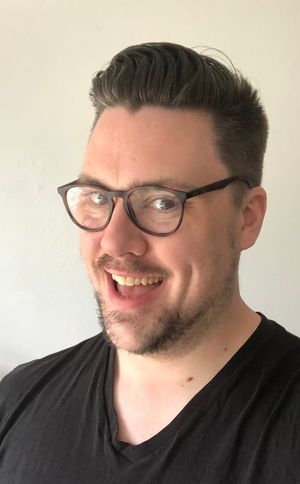
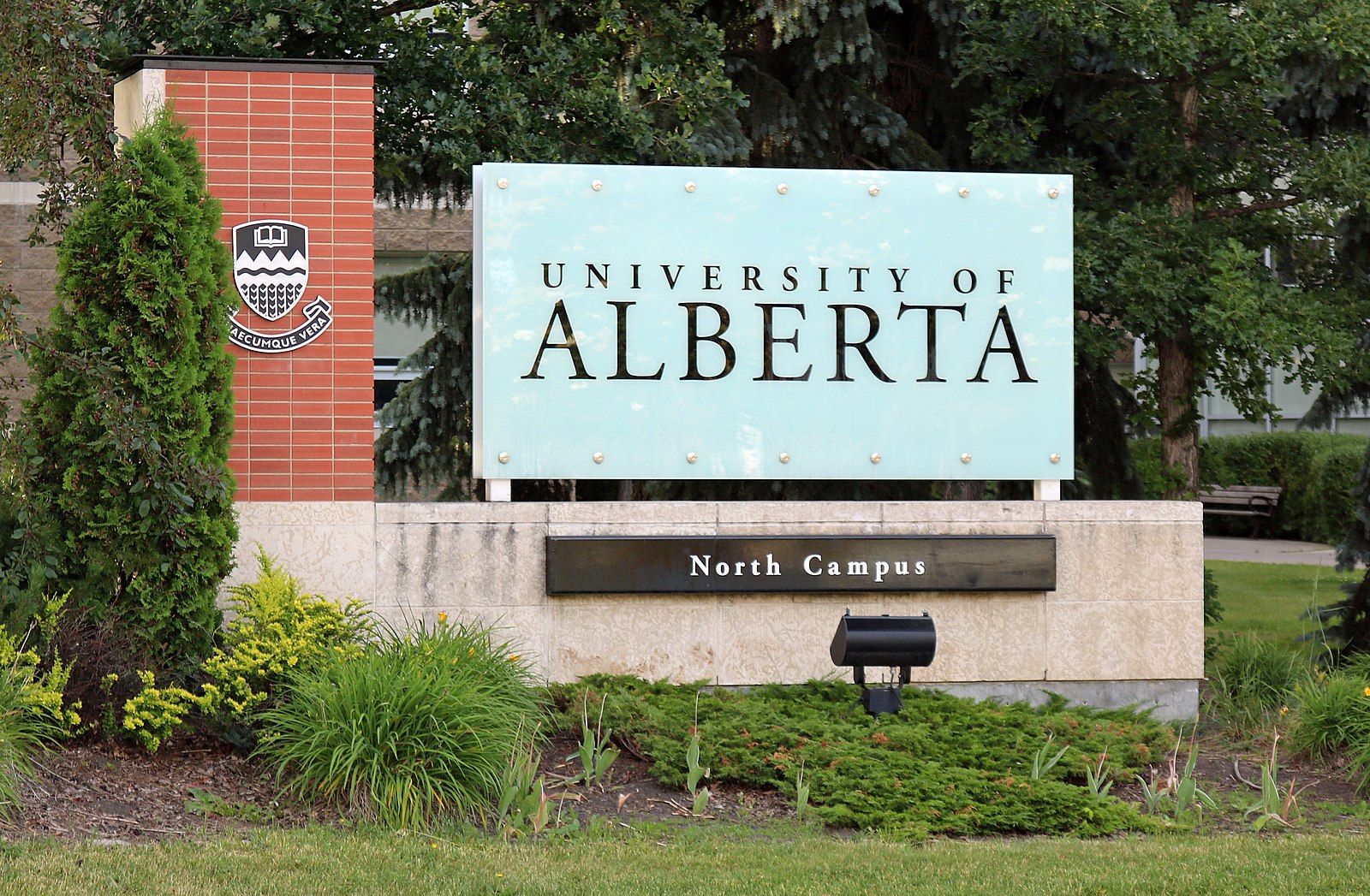
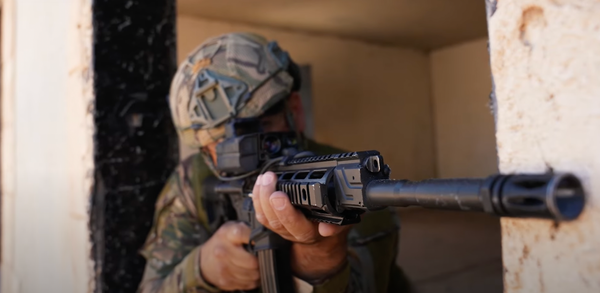
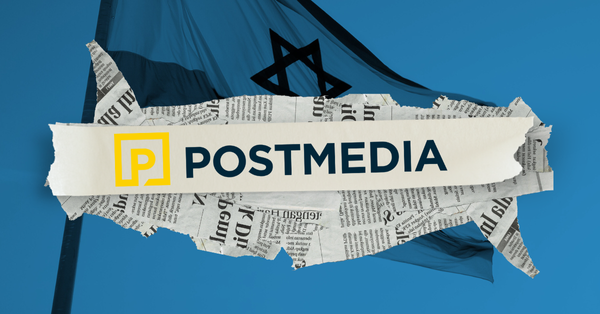
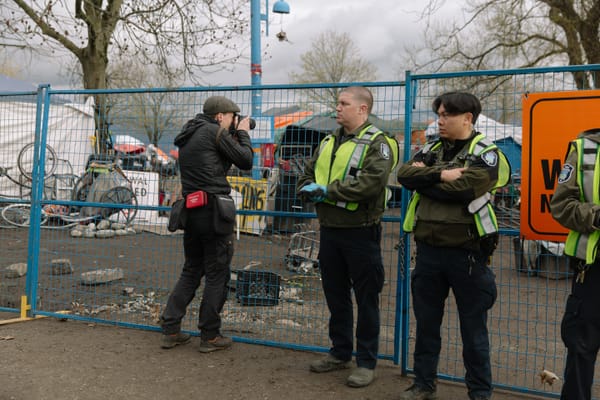
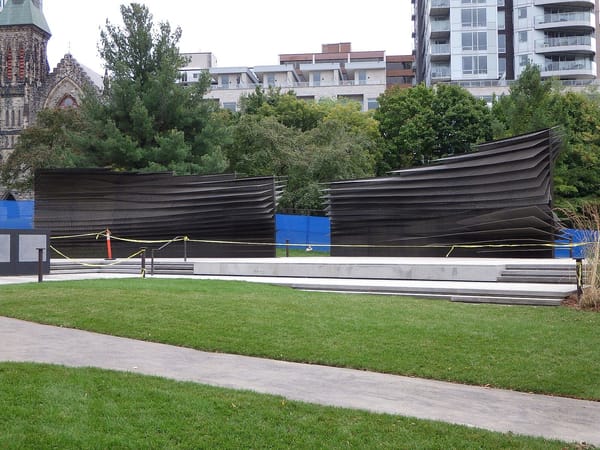

Member discussion